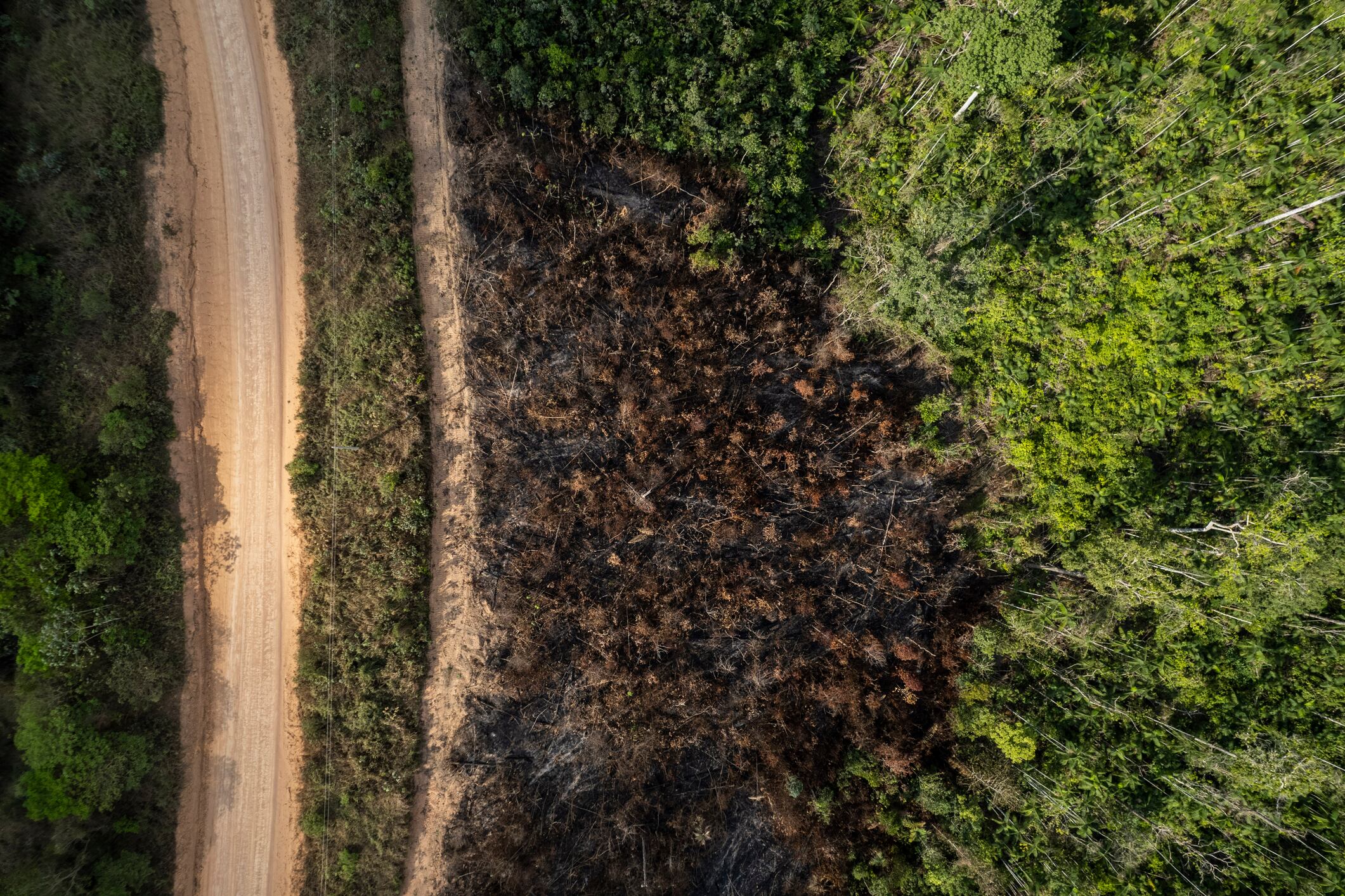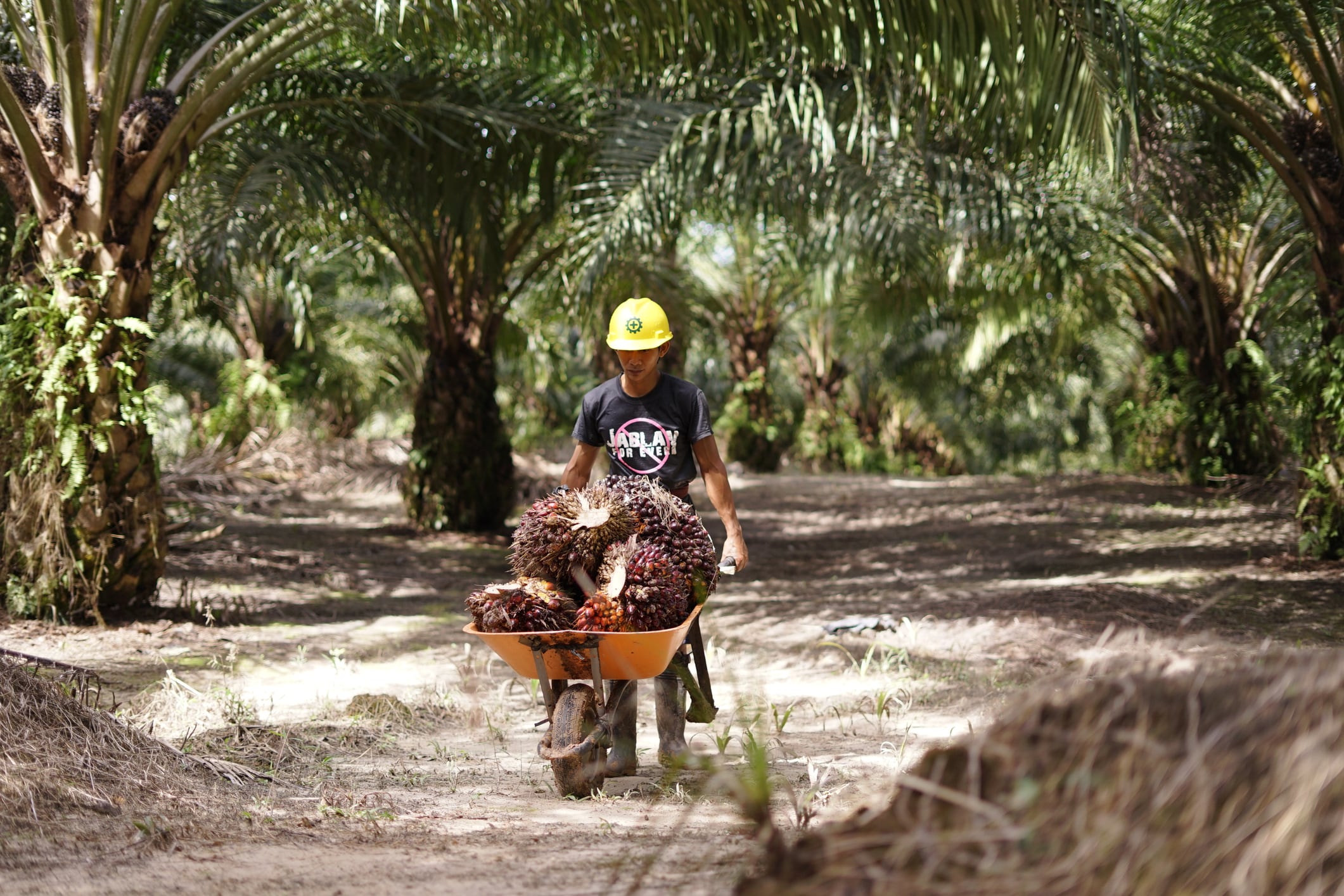The Netherlands has recognised an independent organisation as a partner for compliance to the ucpoming European Union Deforestation Regulation (EUDR).
The Roundtable for Sustainable Palm Oil (RSPO) has been named as a private control system for the EUDR under Netherlands Food and Consumer Product Safety Authority (NVWA), a government agency focused on food safety.
A private control system ”is a private organisation which offers an independent assurance system that can support companies with their legal compliance,” explains an RSPO spokesperson.
As per this role, the RSPO will aid the NVWA in EUDR compliance, using its expertise to complement the agency’s efforts.
The presence of the RSPO will allow the NVWA itself to cut down on checks, the spokesperson suggests.
“Companies which are certified members of approved private control systems can potentially fall under ‘modified supervision’ meaning that the NVWA would conduct less frequent and shorter inspections.”
The EUDR itself explicitly outlines the potential for third-party certification schemes such as the RSPO to be used as part of the compliance process.
Such certification schemes, the legislation acknowledges, can impart useful information, which can aid companies in compliance.
However, it stresses that this should not take the place of compliance itself.
Furthermore, if operators do use such a scheme during compliance, they must ensure that it is in line with the specifications of the EUDR, particularly with regard to its definition of ‘deforestation-free’, ‘geolocation requirements’ and ‘legality of production’.





